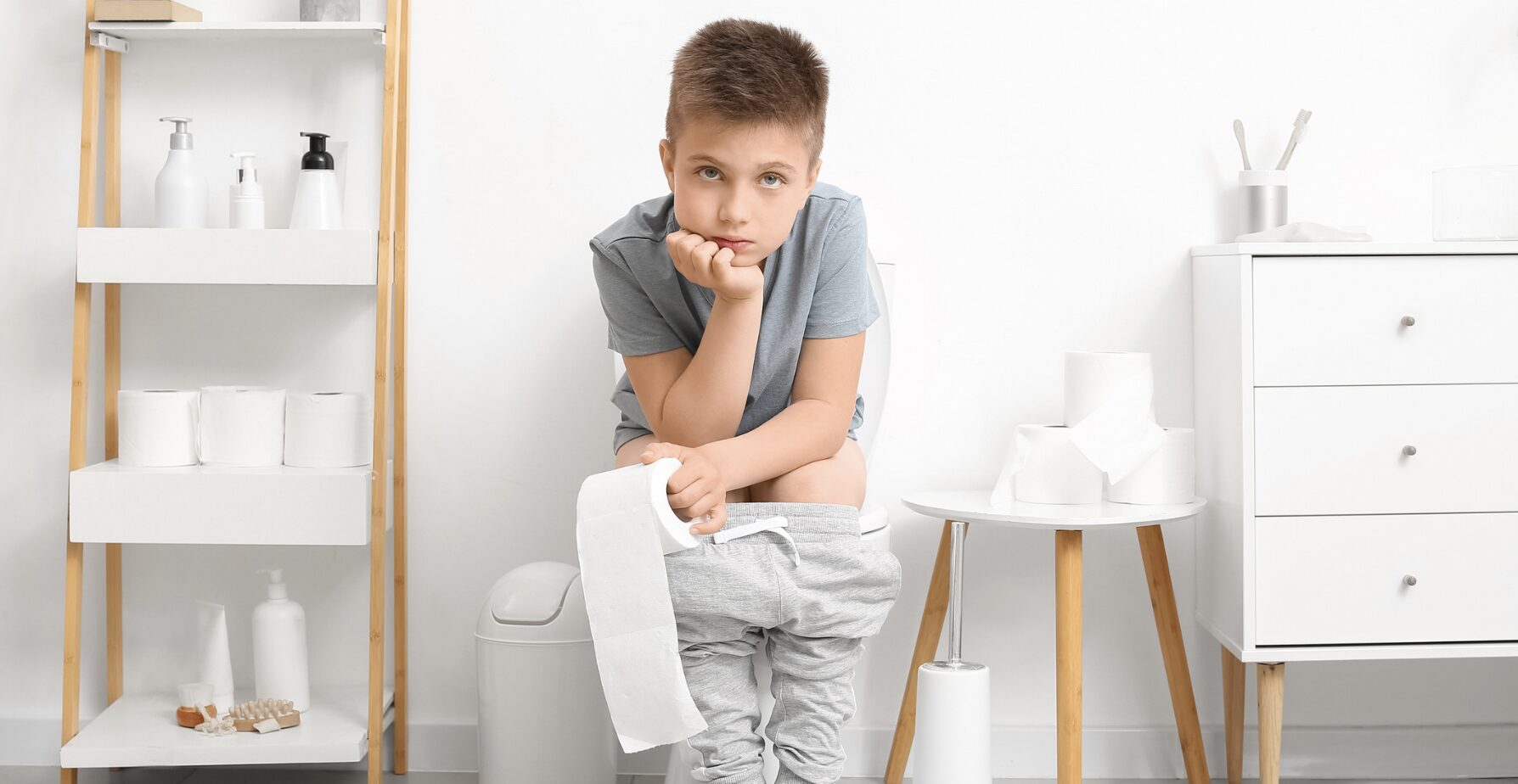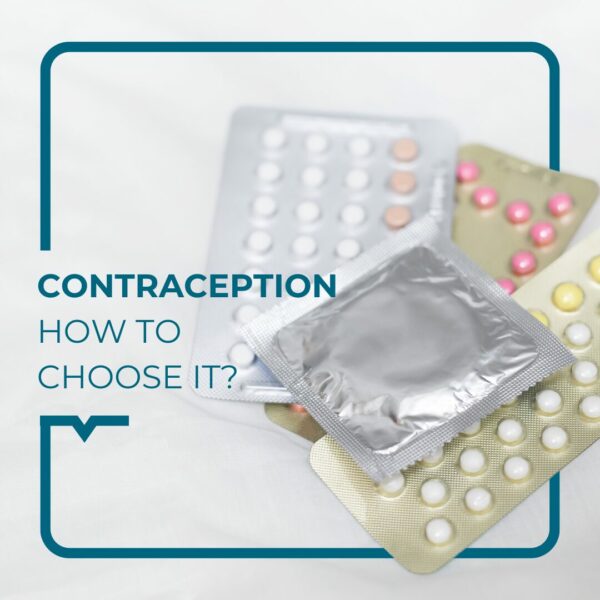RED ALERT: Your child is suffering from acute diarrhoea. This is probably viral and will not last long. However, it can lead to dehydration if the water loss is too great.
Hello, this is Dr. Joy!
Today I’m going to tell you more about diarrhoea in children, how to monitor it and how to fight it.
Vamos!
What is diarrhoea and how to recognise it?
The first thing to know is that diarrhoea is very common in children.
It is an inflammation of the stomach and intestine, causing very soft to liquid stools. The main cause is gastroenteritis. But sometimes it can also have a bacterial origin, for example with food poisoning.
How to monitoring a child with diarrhoea ?
- Dehydration is the main aggravating factor of diarrhoea, especially in children under 6 months. The main symptoms of dehydration are a grey complexion, dark circles around the eyes, unusual drowsiness, a decrease in the volume of urine or darker urine. It is therefore very important that your child drinks a lot (regardless of whether he or she eats less). You should be even more vigilant if vomiting prevents your child from drinking.
- Watch your child weight. If the weight loss is greater than 10% of the starting weight, dehydration is already significant and requires hospitalisation.
To rehydrate your child, you can :
- For the very young, prepare a bottle of ADIARIL (or equivalent), 1 sachet in 200ml of water, to be given in small regular sips throughout the day, rather than in large doses
- For older children, tea, herbal tea and even Coca Cola (stirring it with a teaspoon beforehand to remove the bubbles) are quite effective.
Fighting diarrhoea in children
To help your child recover more quickly:
- Eliminate milk and dairy products (cottage cheese, Swiss cheese, cream, etc.). In some cases, special diet milk may be prescribed (DIARGAL or equivalent)
When your child’s stools return to normal, you will have to reintroduce their usual milk gradually over 4 days (first ¼ then ½ then ¾ and finally the usual milk only). - Also cut out some fresh, acidic fruit and fruit juices. Cut out wholegrain cereals and anything else that is difficult to digest.
- Instead, give them some lean meat (chicken, turkey), rice (with its cooking water to drink), potatoes or carrots (if possible fresh and cooked by yourself – but this is not essential). Some fruits are recommended (bananas, quinces).
- Probiotics can also help, and are available without a prescription.
Your child will recover quickly, but do not hesitate to consult your doctor again if he or she loses weight, cannot drink or is vomiting a lot.
Beijinhos,
Dr. Joy !
This information is not a substitute for medical advice.
You must seek the advice of your doctor or another qualified health professional with any questions you may have regarding your health condition.



